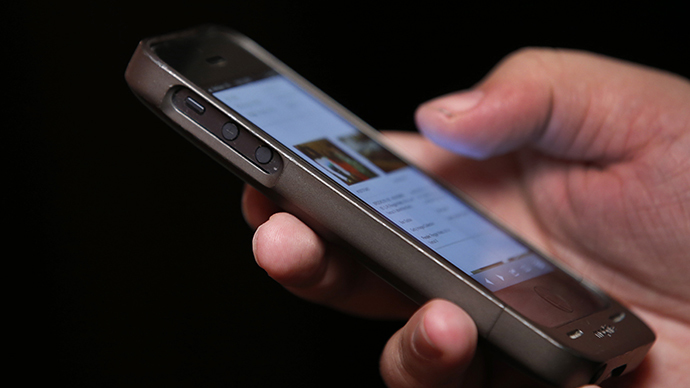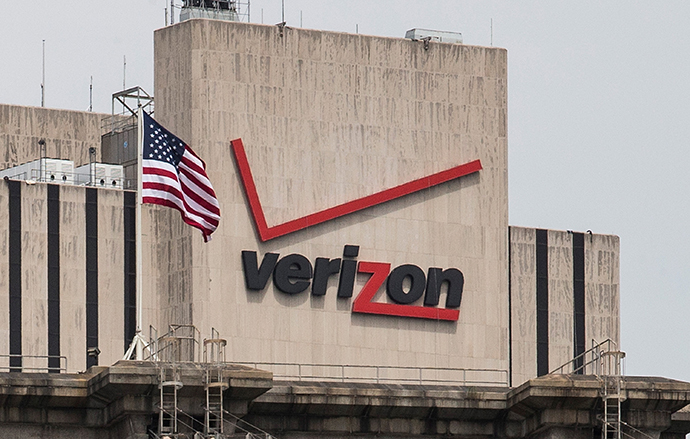‘US telecoms seek to make internet enhanced form of cable TV’

Telecoms will be able to pick winners and losers, decide what content will be on now that the network neutrality rule has been reversed by the court, Dan Gillmor, head of the Knight center for digital media entrepreneurship, told RT.
On Tuesday, January 14, the DC Court of Appeals struck down the Federal Communications Commission’s (FCC) “net neutrality” rules. This is one of the fundamental principles of the internet, meaning equal access to everything online.
The initiative was pushed by Verizon, the largest mobile phone operator among telecom providers, which demanded that high-speed broadband providers be treated in a different manner than common carriers. That could lead to big companies facing higher charges for the fastest service.
RT:The federal court has dealt a blow for a level playing field for internet use. Are you surprised by its decision?
Dan Gillmor: People who are experts in this are not surprised because the Federal Communications Commission, the regulator in charge of these kinds of issues, had passed rules that were widely understood to be flawed. What the court did was point out the flaws. There are regulatory ways that the FCC could make network neutrality more official, but it chose not to, and we'll see where they go.
RT:Is it as bad as people are saying? And what is the back story, why it has been really done?
DG: It could be. It's not now, and the carriers are loudly saying they have no intention of doing all the bad things that some people are predicting. My guess is that they'll do what's in their financial interests.
I think that the telecom industry, combined with its allies in Hollywood and big media, would very much like to make the internet essentially an enhanced form of cable television. That would be where they pick winners, they pick losers, they decide what's on and what we get to see to some large degree, and that would be in their interest to do. I hope that they don't get away with that.

RT:Do you think net neutrality still has a chance and this federal ruling can be changed?
DG: I would expect that it will be appealed, but the FCC could do something right away which would be to declare a rule that these telecoms are in fact public utilities, where they have duties of common carriage when they cannot discriminate on the basis of what the content is. That's one approach, and many people are hoping that that will happen.
RT:Telecoms firm Verizon insists the decision will not change consumers' ability to access or use the internet as they do now. Given what most people use the web for, there's no real need to worry is there?
DG: I personally don't trust what the telecom says on this, because I expect corporations to act in their best interest financially. If this ruling is not changed and if the regulatory regime is not changed in some serious way where there is a requirement for network neutrality in some kind, I think it will be in their interest to be discriminating on the basis of content.
RT:There are fears that smaller online services and start-ups will be discriminated against. How will it affect the innovation process?
DG: If this is the way forward, innovation is threatened at some serious level, because what we don't want to see is innovation requiring a permission of the big operators at the center of the networks. Innovation on the internet is taking place in significant part at the edges the networks. I don't want to see the next Facebook needing permission from Verizon and Comcast in order to get big, that would be problematic at the very least.
The statements, views and opinions expressed in this column are solely those of the author and do not necessarily represent those of RT.
The statements, views and opinions expressed in this column are solely those of the author and do not necessarily represent those of RT.












